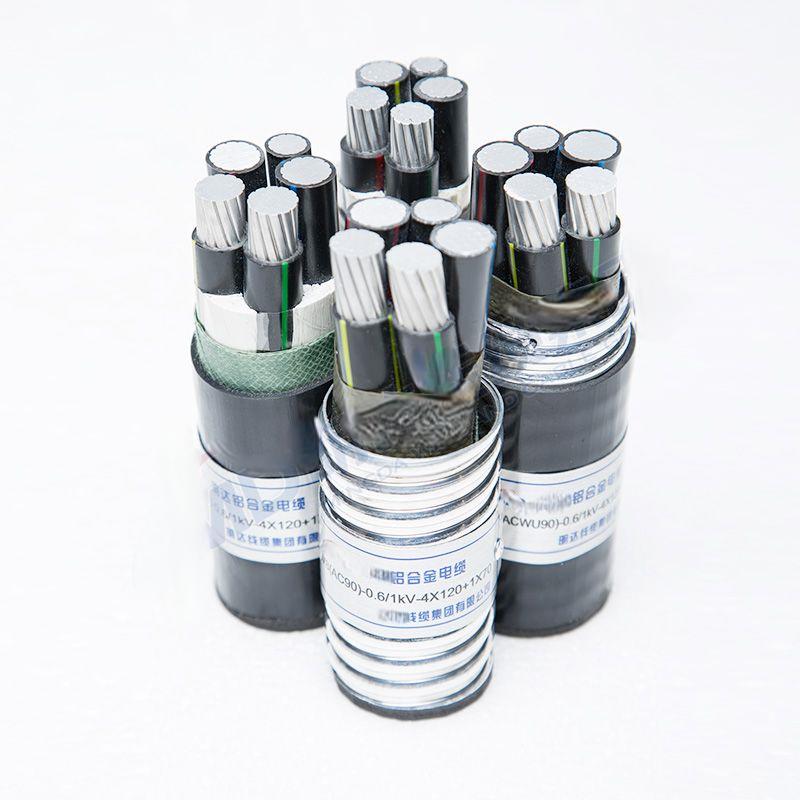Dec . 04, 2024 02:15 Back to list
Durable Cast Iron Valves for Efficient Fluid Control and Long-lasting Performance
The Significance of Cast Iron Valves in Modern Industries
Cast iron valves have long been a crucial component in various industrial applications due to their robust characteristics, reliability, and cost-effectiveness. These valves serve as essential control mechanisms in numerous systems, ranging from water management to oil and gas transport, making them indispensable for professional engineers and maintenance teams alike. Understanding their features, benefits, and applications will shed light on why cast iron valves remain popular in modern industries.
What is Cast Iron?
Cast iron is an iron-carbon alloy with excellent casting qualities, making it suitable for producing complex shapes and components. The high carbon content imparts unique properties, such as good wear resistance and the ability to absorb vibrations. This makes cast iron a favored material for valves as it can endure extreme pressures and harsh environmental conditions.
Types of Cast Iron Valves
The most common types of cast iron valves include gate valves, globe valves, ball valves, and check valves.
- Gate Valves are ideal for applications where the valve is either fully open or fully closed, offering minimal resistance to flow when open. - Globe Valves are commonly used in systems where flow regulation is necessary. The design of a globe valve allows for finer control compared to gate valves. - Ball Valves are known for their quick operation, providing a tight seal. They are often used in industries where immediate shut-off is crucial. - Check Valves prevent backflow in piping systems, ensuring that liquids or gases flow in one direction only.
Advantages of Cast Iron Valves
1. Durability One of the key advantages of cast iron valves is their durability. They can withstand high pressure and are resistant to corrosion, which extends their lifespan even in hostile environments.
cast iron valve

2. Low Maintenance Cast iron valves require minimal maintenance. Their robust construction means they are less prone to wear and tear, leading to less downtime and lower costs for replacements and repairs.
3. Cost-Effectiveness Compared to other materials, cast iron is more affordable. This makes it an economical choice for large-scale industrial applications where numerous valves are required.
4. Versatility Cast iron valves can be manufactured in various designs and sizes, catering to different industrial needs. Whether used in wastewater management or as part of a heating system, their adaptability makes them suitable for various applications.
5. Thermal Resistance Cast iron can withstand high temperatures and thermal cycling, making it suitable for steam applications, where thermal expansion and contraction must be considered.
Applications of Cast Iron Valves
Cast iron valves find applications across a multitude of sectors. In municipal water systems, they regulate the flow of potable water and wastewater. In the oil and gas industry, they ensure safe transport and handling of hydrocarbons, where durability and reliability are paramount. Cast iron valves are also commonly used in heating systems, such as radiators and boilers, due to their thermal resilience.
In addition to these applications, cast iron valves are increasingly being used in the food and beverage industry, where hygiene and safety are critical. Cast iron can be coated for additional protection against contaminations, while still providing the strength required for high-pressure systems.
Conclusion
In summary, cast iron valves are a cornerstone of modern industrial infrastructure. Their durability, low maintenance, and cost-effectiveness make them a preferred choice across various sectors. As industries continue to evolve and demand safer, more efficient control systems, the role of cast iron valves will undoubtedly remain significant. With ongoing advancements in manufacturing techniques, cast iron valves will likely be enhanced even further, adapting to the needs of the future while retaining their fundamental strengths.
Share